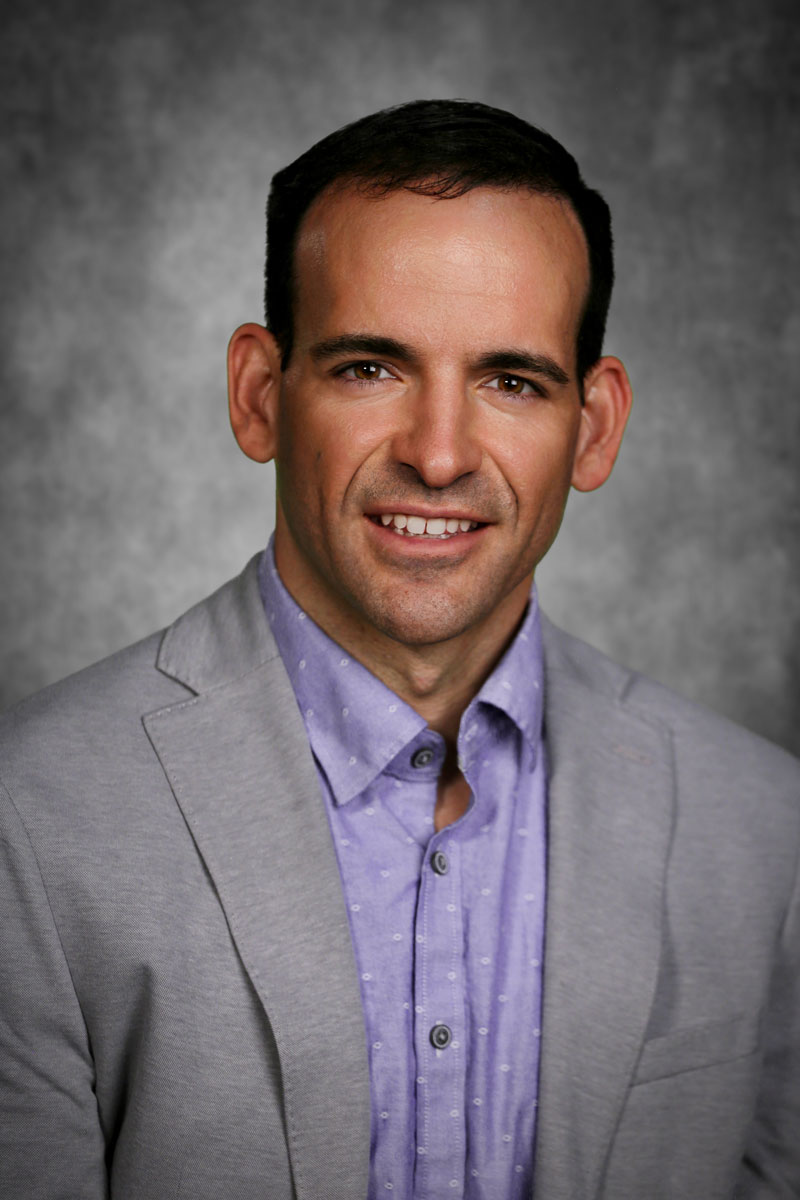Health Equity Reimagined
Solutions in Action: Spotlight
Assistant Professor Finding Mental Health Solutions on a Global Level
Globally, there is a long precedent of inequities in access to mental health treatment, but Brandon Knettel hopes to change that. Knettel is an assistant professor at the Duke University School of Nursing and is working to provide mental health services to people who need it most, regardless of their economic circumstances or other identities.
Working on a global scale, his international projects are primarily based in Moshi, Tanzania, where he developed a telehealth counseling intervention to support people struggling with suicidal thoughts and living with HIV.
“Given the newness of counseling and mental health systems in many low-resource settings, we have an exciting opportunity to implement innovative approaches to treatment that place equity at the forefront,”
Brandon Knettel
PhD, Assistant Professor
Brandon Knettel is a licensed psychologist and assistant professor at the Duke University School of Nursing, as well as associate director of the Duke Global Mental Health Program at the Duke Global Health Institute, where he holds a secondary appointment. His areas of specialization are global mental health and health behavior, with a focus on care engagement, stigma reduction, nurse-led models of care, and mental health support for people living with HIV.
Dr Knettel is leading three active research grants, which include:
- Universal screening and counseling for mental health challenges related to HIV care and suicidal thoughts in Tanzania. Includes a three-session, nurse-delivered telehealth counseling intervention for suicide prevention that is being tested in a pilot clinical trial.
- A grant to train three of the first PhD-trained experts in mental health nursing in Tanzania, who will lead the development of undergraduate training programs in mental health nursing.
- A travel grant focused on building links and sharing expertise in global mental health among four East African partner sites in Tanzania, Kenya, Uganda, and Rwanda.
“Mental health disorders rank among the greatest contributors of the burden of disease worldwide, causing distress and also having major impacts on other health conditions and outcomes,” Knettel said. “Nurses are the largest healthcare workforce globally, and must be at the forefront of these efforts.”
Assistant Professor Brandon Knettel, PhD, developed a telehealth counseling intervention to help people struggling with suicidal thoughts and living with HIV in Tanzania.
